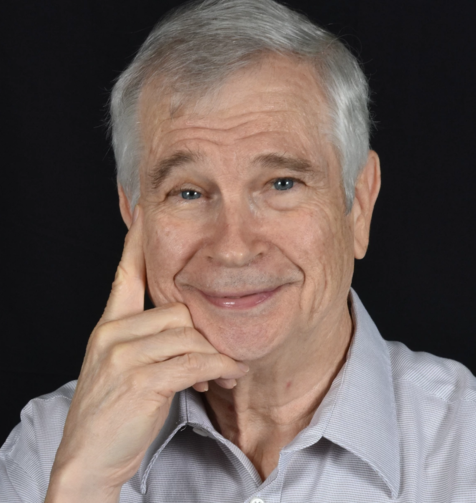 Tom Roberts is the author of an historical novel and a short story collection. In 2019, at the Florida Writers Association’s Royal Palm Literary Awards, his historical novel, Lost Scrolls of Archimedes, was awarded Gold for best unpublished historical novel (published in March 2020).
Tom Roberts is the author of an historical novel and a short story collection. In 2019, at the Florida Writers Association’s Royal Palm Literary Awards, his historical novel, Lost Scrolls of Archimedes, was awarded Gold for best unpublished historical novel (published in March 2020).
A software engineer in a previous life, Mr. Roberts began writing in 2017. He is avid reader of ancient history and technology and a member of the Florida Writers Association, the Atlanta Writers Club, and the West Florida Literary Federation. His favorite authors are Bernard Cornwell, Patrick O’Brian, Steven Saylor, and Arthur C. Clarke. An Air Force veteran, he loves dogs and enjoys hiking, classical music, video games, and college sports. He lives with his wife in Pensacola, Florida.
Tell us about your book.
The protagonist, Marcus, living with his exiled ex-Senator father in Alexandria during Cleopatra’s reign, studies in the Library of Alexandria. His dream is to better the world by discovering new knowledge from ancient Greek writers from the era we now call the Golden Age of Greek civilization. His father wants Marcus to follow his footsteps and join the family merchant trading business. But when Marcus comes into possession of encrypted scrolls written by Archimedes, he sees an opportunity to prove his scholarly chops to his father and avoid a life as a merchant. Marcus attempts to decode the scrolls. But others are seeking the scrolls’ knowledge, and Marcus comes into conflict with them. He has to grow in the story from sheltered scholar to a leader of men.
He also has his first love, so the book is also a coming-of-age story. Marcus, desiring to make the world a better place, sets a goal to use the scrolls’ knowledge to help end slavery in the Roman world. Yes, it’s a huge ambition, but Marcus thinks he can pull it off with help from Cleopatra and Marc Antony. The latter are in a desperate civil war with the Roman Consul, Octavian There’s a whole bunch of adventure, a little romance, some moral dilemmas, some techie stuff, a climactic sea battle, and … well, you have to read it for the rest.
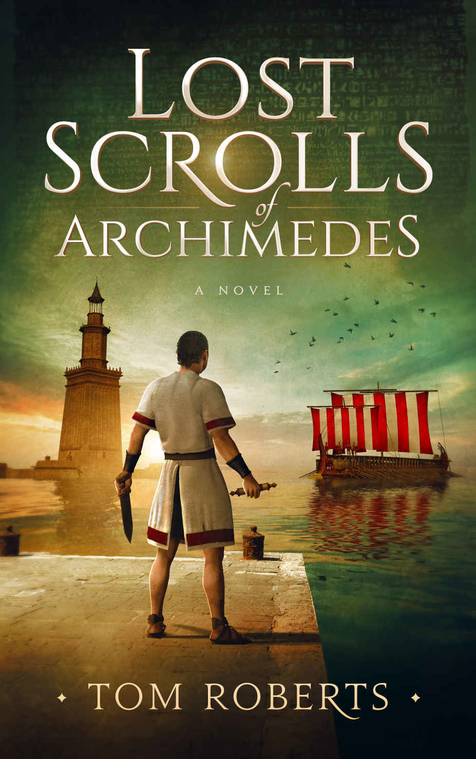 Why did you want to write a book?
Why did you want to write a book?
In school and college, I was told I was a good writer. That planted a seed in my mind that one day I would write a book. But being practical at the time, I chose to go into math, science, and engineering careers, eventually becoming a software engineer/developer. Along the way I made a couple of attempts to write a book, but with raising a family and a demanding job, I couldn’t find the time I needed. Along the way, I took courses on creative writing. As I read and researched historical topics, I realized there are many stories of the past that aren’t told and ones which I felt could help the modern reader see the many parallels from then to now. With my background, I was acutely aware of the dual-edged nature of technology. That nature was true back in ancient times as well, and I wanted to show that connection by writing a book.
Why did you choose to self-publish?
I’m not a journalist nor a historian. I don’t have an MFA or even an English degree, so I don’t have a lot of career or paper credibility. Historical fiction, especially the ancient variety like my book, is a bit of a niche market. Though I tried to get an agent, I was turned down about 50 times with barely even passing interest in my project. The book was well edited and had gone through two critique groups. Everyone liked the story. Rather than chuck it and start a new work, I decided to self-publish. I spent a number of months learning the ropes of self-publishing. I first tested the waters with a collection of mystery/suspense short stories called Moving Pieces. With lessons learned, I followed up with Lost Scrolls of Archimedes.
What tools or companies did you use, and what experience did you have?
I wrote my novel using Scrivener. I highly recommend it, especially for stories with complex plots. I also used Grammarly and ProWritingAid. Both will help with the mechanics of writing, but the writer must recognize these tools have their limitations and are not a replacement for an editor or proofreader. I used several companies to find editors, including Reedsy and Scribendi. I had great experiences with nearly everyone there and recommend both. When it came to the book cover, I had heard a lot of positive things about Damonza, so I went with them for both the eBook and print cover design and for the book formatting. I was extremely pleased with their work and the people there. I get a lot of compliments on the cover art. For the print book, I decided to go for wide distribution and signed up with both KDP and IngramSpark. I’ve been pleased with both, though I believe the pandemic has hurt sales through IngramSpark. I built a website using Wix. For my email service provider, I use MailerLite. I love those guys. Besides, social media, I use BookFunnel and BookSweeps for promoting my book. I’ve been pleased with both.
What tips can you give other authors looking to self-publish?
My biggest tip is pretty obvious—write a good book! The best you can do. Use the best editor you can afford. Use beta readers. Also, make the most of critique groups and partners. Look for people who write in your genre if possible. Military science fiction is a different world from Regency romance. Once you make the decision to self-publish, you have just discovered another mountain to climb. Learn all you can before you need to make choices on cover designs, formatting, print-on-demand providers, etc. Understand that you will need to learn marketing and promotion, including setting up a website, using social media, advertising, growing a mailing list, writing a blog, etc. If you have the financial resources, you can outsource some of this. Finally, seek out writers conferences that have sessions on self-publishing. In Florida, the Florida Writers Association Conference is the best. And don’t forget to network. Writers are a supportive group.
As a writer, what is your schedule? How do you get the job done?
It took me about five months, full time, to write the first draft of Lost Scrolls of Archimedes, which came in just under 100,000 words. Since I don’t have a day job, I can write on the schedule that works best for me. I’m not a morning person, so half of my writing is in the afternoon and the rest in the evenings and late nights. Working from an outline, I generally know how many words I have in each scene, and knowing my output level, I can estimate how long it will take to write a scene. I set goals and try to stick to them to get the draft finished. Then the editing process begins, and it can be tedious as you’re going over old ground without the adrenaline rush of the pure creative process. Just stick to it, solve the issues, and your goals will be achieved.
How do you deal with writer’s block?
My biggest weapon against writer’s block is to outline the book ahead of time. It will always give me a path forward. On those occasions where I want to deviate from the outline, I generally don’t try to plow forward with the scene. Instead, I will rework the outline. I don’t like to solve my writing problems on the fly. I will stop, mull over the issue that I’m hung up on, and find a solution. That sometimes means putting the work down for a few hours or for a few days. I will bounce ideas off my wife. She has a very logical mind and can point out alternatives.
Tell us about the genre you wrote in, and why you chose to write this sort of book.
I write in the historical fiction genre. I’ve read in the genre since high school. I love history, especially ancient history. I read a lot of Roman era historical fiction and was drawn to that period. I was also influenced by the HBO series “Rome.” Prior to leaving my tech career, I researched the Roman Republic in the first century B.C. Because I was also interested in ancient technology and discoveries such as the Antikythera device, I began to mix the two interests in my mind. I read articles about how the ancients were far more advanced than we give them credit for. I decided to make a story out of the concept that the ancients may have made discoveries that are unknown to history. And Alexandria, Egypt in the third century B.C. was the mixing bowl where these discoveries likely took place.
There was a sliver of time when four ancient science and technology geniuses – including Archimedes – lived and worked at the Library of Alexandria. The Library, established by Ptolemy, one of Alexander the Great’s generals, contained much of the ancient world’s knowledge. Cleopatra, a historical figure in my book, was the last of the Ptolemy pharaohs. With this rich soup of ideas, I made a couple of fitful starts as I learned the craft of novel writing. I worked with an editor, Terra Weiss, for several months to develop an outline. From it, I wrote Lost Scrolls of Archimedes.
What are your plans now your book is published?
I’m doing a lot of promotion and marketing. Again, I’m sort of learning as I go, slowly making progress. I was late to use social media but am working at it now. Simultaneously, I’m researching and outlining the next book in the Lost Artifacts series (Lost Scrolls is Book 1). This second book will continue with Marcus and friends as they seek a new home beyond the Roman world. They head east toward India, but like all plans, deviations occur, and Marcus will find himself mixed up in additional adventures. A new and even bigger technology breakthrough awaits him if he can solve its riddle.
What’s next for you as an author?
One thing I learned is that writing is extremely hard work. You have to keep driving toward your goal. That doesn’t always mean putting words on paper. I read a lot of craft books on writing during the nearly three years it took to go from idea to finished product. I also learned that there are a lot of people out there who want to help and who are supportive of your efforts. Seek help with the attitude that no one knows everything but that each resource, tool, or person has something of value to offer. Then later down the road, you can help others who find themselves where you once were. In my local writing organization, I have plans to do some workshops to help other writers achieve their goals. I was also surprised that my tech skills have proven to be a great aid in my journey. It cut down on the learning curve in a number of areas.
Author Links
Get an Editorial Review | Get Amazon Sales & Reviews | Get Edited | Publish Your Book | Enter the SPR Book Awards | Other Marketing Services


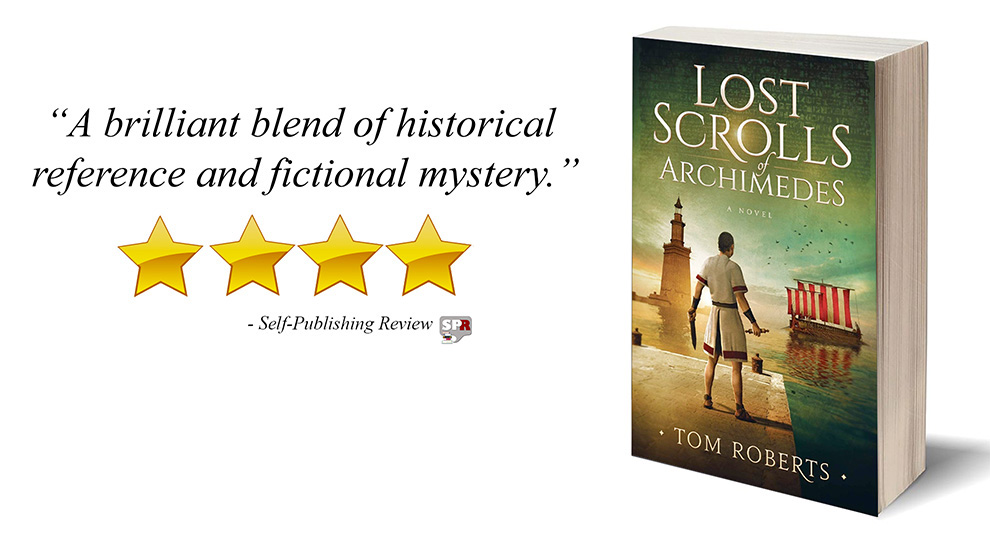







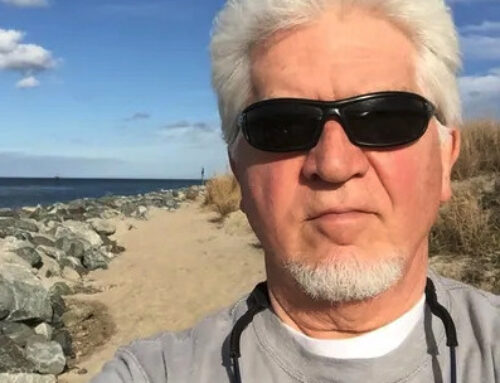


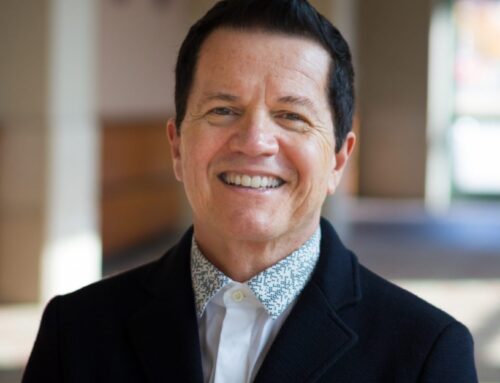

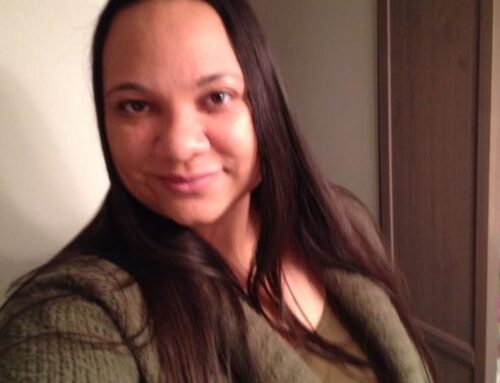

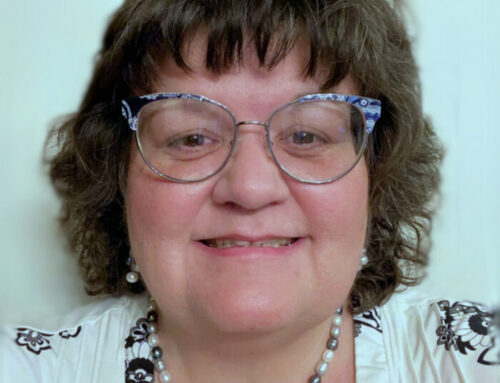

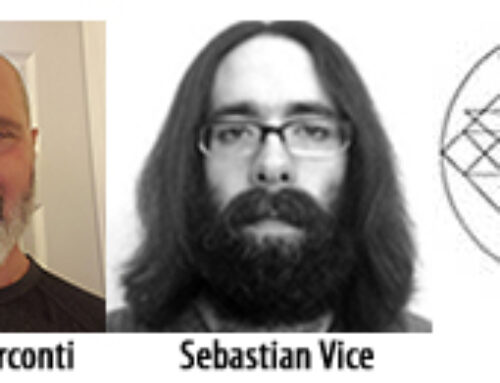
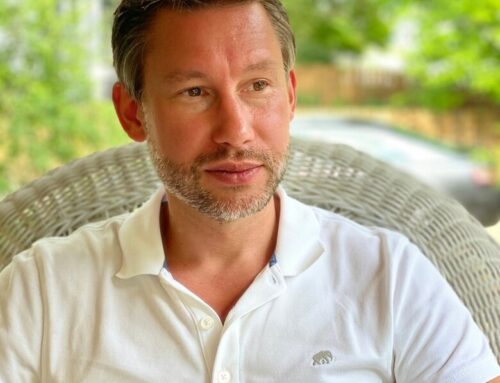
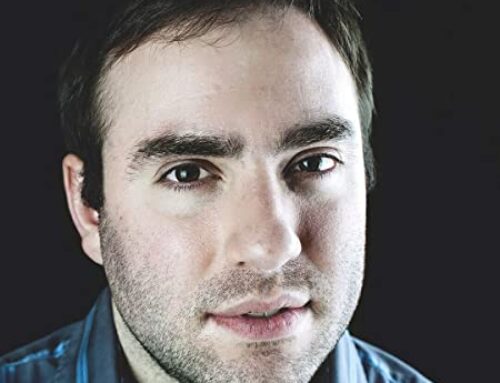

Leave A Comment